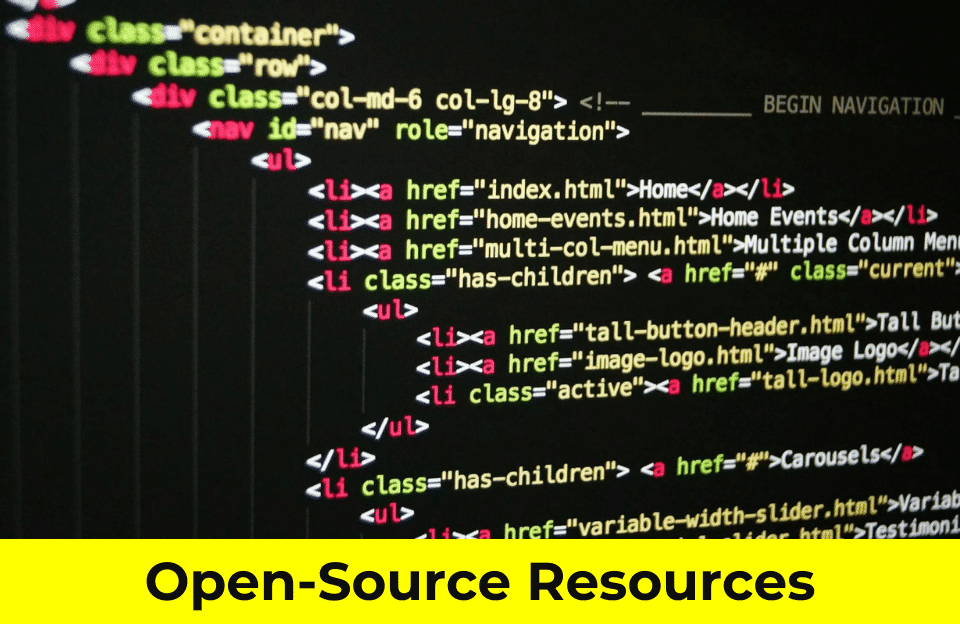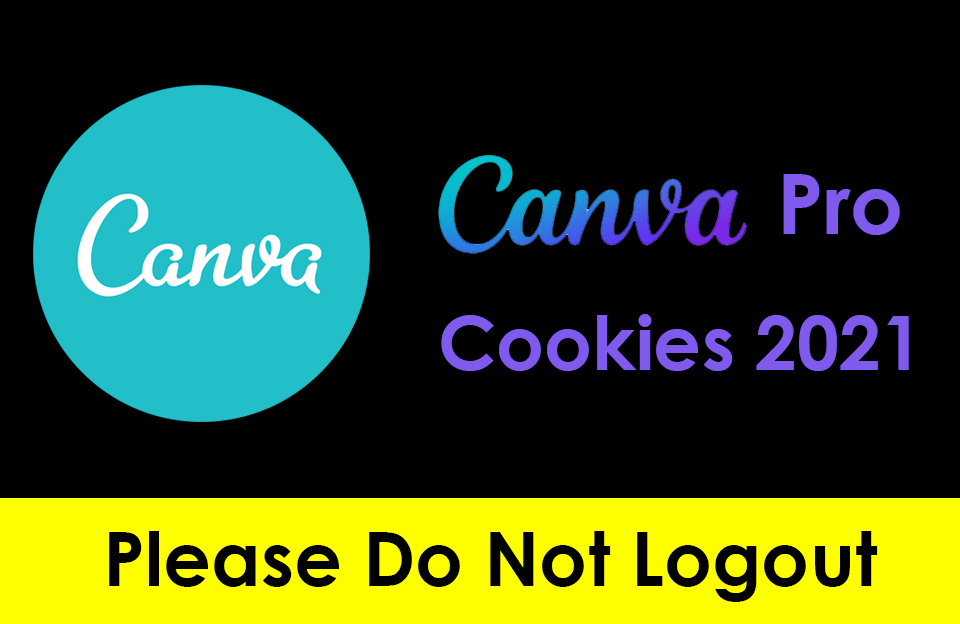Video game modding has existed for decades and is now a big thing in the gaming industry. Modding is all about tweaking video games to create new experiences. Modders stretch the confines of what games can provide by upgrading visuals and creating totally new playing scenarios.
This isn’t exactly a new phenomenon – some of the most iconic classics, like the Doom and Quake franchises, had dedicated modding scenes back in the 90s. But in today’s digital era, both games and the mods that reshape them are bigger and more complex. What was once associated with geeks has gone mainstream, and we’re seeing creators from all walks of life.
It’s a challenging space if you’re a newcomer without the right tools or skills. However, the open-source community has a wealth of resources that can empower aspiring modders to produce and share their own creations. Whether you dream of building new levels from scratch, retooling game mechanics, or crafting wildly unique features, this guide will provide the basics you need to kickstart your modding journey and assemble your own modding toolkit from open-source projects.
Table of Contents
Getting Started: Customizing Familar Games With Mods
For those serious about getting into the game design industry, modding is always one of the best ways to get things started. It is harmless, fun, and allows you to explore or learn without needing to start from ground zero. Even as just a hobby, modding frees gamers’ creativity and allows them to make some fun patches.
Let’s consider the well-known and timeless poker game, Texas Hold’em. Once a player knows how to play Texas Hold’Em, they can make a number of improvements. This could be anything from making special card decks, adapting the rules of the game, or using appealing graphics to keep things interesting. These changes are easily accessible in the game’s files by using open-source modding tools, depending on the platform.
For instance, a player could use a scripting tool to change the game’s rules or a visual editing program like GIMP to create original card backs. These changes help acquire the abilities required to take on more challenging tasks in addition to making the game more enjoyable and individualized.
Open-Source Scripting and Automation
The modding community has been transformed thanks to open-source scripting and automation technologies, which offer flexible, adaptable, and easily available game modification platforms. It can be challenging to alter a game, particularly if it’s not one of those titles like Minecraft that have modding resources available.
With simple and adaptable scripting languages like Python, Lua, and JavaScript, the process can become a lot easier, enabling modders to build complex features and game integrations. Jenkins, GitHub Actions, and custom scripts are examples of automation technologies that help streamline development processes and enable continuous integration and mod distribution.
Since these tools are open source, there is a thriving community where users can discuss, improve, and share each other’s work, which encourages more and more creativity and opens up new options for customizing games.
Decompiling and Reverse Engineering
When it comes to game modding, decompiling, and reverse engineering are tools that let fans improve and alter games. Decompiling means restoring a game’s code, commonly with software tools, into a more understandable version. It makes the game’s structure visible, helping modders to figure out how it works. Then enters reverse engineering, which examines the game’s code, property, and behaviors to pin down and modify particular parts. This can involve changing the way the game works, introducing new features, producing original content, or correcting problems. Despite the fact that these actions can be challenging, particularly when it comes to intellectual property rights, they are essential to the growing modding communities that reimagine games and make interesting variations.
Asset Extraction and Manipulation
In the modding community, these are essential skills that allow fans to improve and change some video game features. The extraction of game files from the game’s directory or archives, including textures, models, sounds, and scripts, is known as asset extraction.
Specialized software made to read and encode patent game developer files is frequently needed for this kind of task. After the assets are extracted, modders can work with them using a variety of software tools, like sound files for audio editors, game models for 3D modeling programs, and textures for graphic editors.
Building your own modding toolbox using open-source resources is rewarding if it’s just for individual use. It can offer you some technical skills, improve your playing experience, and can be a fun hobby. With this method, anyone with the desire to learn and the necessary interest can become a game developer, democratizing the process.
You’ll discover that the opportunities for creativity and individual expression in gaming are endless as you keep honing your toolkit.


